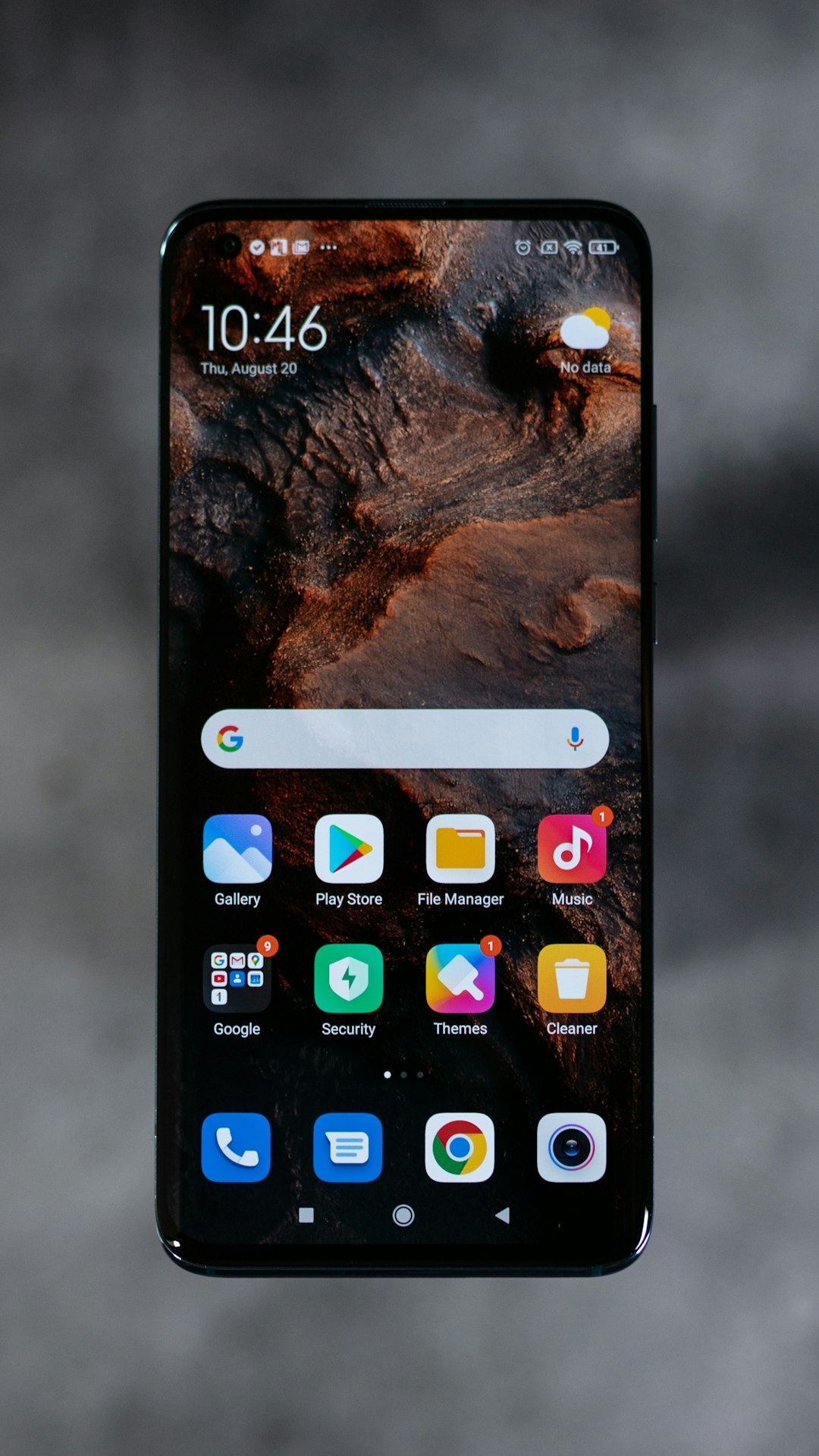Oregon's strict "No Call" laws protect residents from unwanted telemarketing. Businesses engaging in B2B telemarketing must register, obtain consent, and respect consumer privacy to avoid fines and legal action from No Call Lawyers Oregon. Compliance includes avoiding cold calling during restricted hours, targeting opt-outs, false claims, aggressive tactics, and harassment, fostering trust through ethical practices.
In the dynamic landscape of B2B sales, understanding telemarketing regulations is crucial for businesses in Redmond, Oregon. With strict ‘No Call’ laws in place, knowing what’s allowed and what’s not can make or break a company’s reputation and bottom line. This article serves as your compass through the regulatory maze, exploring key aspects such as Oregon’s No Call Laws, best practices, legitimate contact vs. harassment, consent’s significance, and the legal perils of non-compliance. Stay informed with expert insights from No Call Lawyers Oregon.
Understanding Oregon's No Call Laws

In Oregon, businesses must adhere to strict “No Call” laws designed to protect residents from unwanted telemarketing calls. These laws are enforced by the Oregon Attorney General’s Office and can result in significant fines for non-compliance. If a business makes a telemarketing call to an Oregon resident without first registering with the state and obtaining written consent, it is in violation of these regulations. Understanding and following these rules, particularly when engaging in B2B telemarketing, is crucial to avoiding legal issues and maintaining a positive reputation.
Hiring No Call Lawyers Oregon can offer specialized guidance on navigating these laws effectively. These attorneys understand the complexities involved and can ensure your business complies with all relevant regulations. By adhering to Oregon’s No Call Laws, you demonstrate respect for consumers’ privacy rights and set a professional tone for your B2B telemarketing efforts, fostering trust and long-term business relationships.
B2B Telemarketing Do's and Don'ts

In the realm of B2B telemarketing, understanding what’s permissible and prohibited is paramount to avoid legal entanglements with No Call Lawyers Oregon. Do’s include ensuring informed consent from prospects, adhering to local time zones, and respecting consumer preferences regarding communication methods. Always obtain proper business contact information and never harass or intimidate potential clients.
Don’ts encompass a wide range of practices. Avoid cold calling during restricted hours or targeting individuals who have explicitly opted out of sales calls. Do not make false or misleading statements about products or services, and be transparent about the purpose of your call. Refrain from using aggressive sales tactics, and remember that persistence without respect can trigger legal action from No Call Lawyers Oregon.
Legitimate Contact vs. Harassment

In the realm of B2B telemarketing, distinguishing between legitimate contact and harassment is crucial for businesses in Redmond, Oregon. While making sales calls is a common practice, it’s essential to respect consumer privacy and preferences. Many states, including Oregon, have laws in place to protect individuals from aggressive or unwanted phone marketing, and No Call Lawyers Oregon can offer guidance on navigating these regulations.
Legitimate business contacts should be made with consent, during normal business hours, and should provide an option for the recipient to opt-out of future calls. Harassment, on the other hand, includes repeated calls despite a clear indication of disinterest, use of obscene language, or calls made at unreasonable times. Businesses must ensure their telemarketing practices align with legal boundaries to avoid legal repercussions and maintain customer relationships.
When Consent Matters Most

In the realm of B2B telemarketing, understanding when consent matters most is paramount. It’s crucial to remember that while many businesses operate under relaxed rules, certain practices are strictly governed by laws like the Telephone Consumer Protection Act (TCPA). This federal legislation in the United States, including states like Oregon where No Call Lawyers play a significant role, mandates explicit consent for automated calls and texts to avoid legal repercussions.
Consent is especially critical when reaching out to potential business clients. Marketers must secure permission from recipients before initiating any communication, ensuring that their methods are compliant with legal standards. This not only shields businesses from potential fines but also fosters trust and enhances the effectiveness of marketing efforts.
Legal Implications for Non-Compliance

In the dynamic landscape of B2B telemarketing, adhering to legal guidelines is paramount to avoid severe consequences. Non-compliance can lead to a myriad of legal implications, including substantial fines and damage to your company’s reputation. Oregon, with its stringent consumer protection laws, is no exception. Businesses found violating telemarketing regulations, such as those enforced by the Federal Trade Commission (FTC) or state authorities like No Call Lawyers Oregon, may face legal action from both regulatory bodies and aggrieved consumers.
Prosecutors can levy hefty penalties against violators, which can significantly impact a company’s financial health. Moreover, affected individuals often seek legal redress, leading to costly settlements or court orders. To mitigate these risks, businesses must thoroughly understand and respect the permitted practices under current telemarketing laws. Ensuring compliance is not just about avoiding punishment; it’s also about fostering trust with customers and maintaining a positive brand image in the competitive B2B market.






